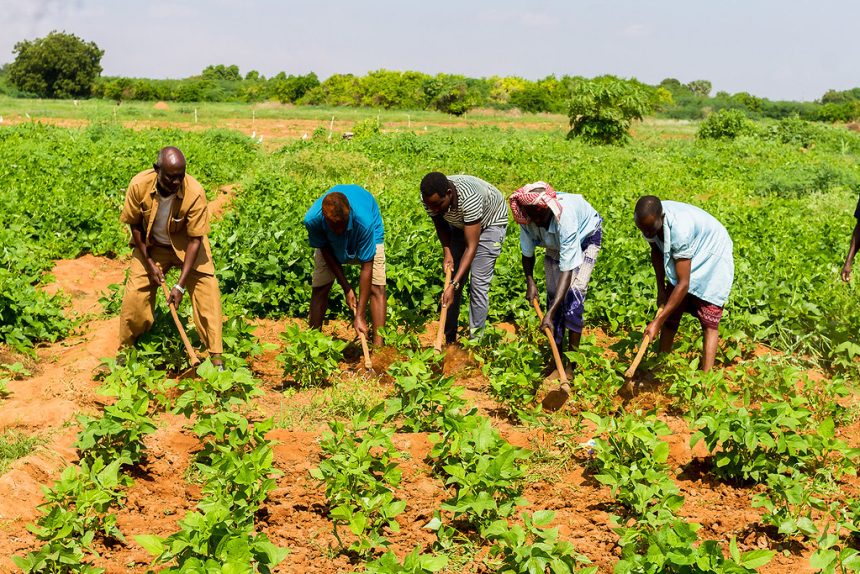Somalia, a nation endowed with vast agricultural land resources, has long struggled to feed its population due to a myriad of factors, including security concerns, lack of farming skills, insufficient funds, and outdated machinery. However, China’s Belt and Road Initiative (BRI) presents a unique opportunity for Somalia to overcome these challenges and tap into China’s agricultural expertise and technological advancements.
China is a global leader in agriculture, having achieved remarkable success in increasing yields and ensuring food security for its large population. The BRI, launched by China in 2013, is a global infrastructure and economic development project that aims to foster international connectivity and cooperation.
Somalia’s engagement with China through the BRI in the agricultural sector holds significant promise. By leveraging China’s expertise and technology, Somalia can boost agricultural productivity, create jobs, and enhance food security.
Here are some specific ways in which China can support Somalia’s agricultural sector:
Knowledge transfer and capacity building: China can offer technical expertise, training programs, and knowledge transfer initiatives to equip Somali farmers with modern farming skills.
Investment in agricultural infrastructure: China can invest in rural infrastructure, such as roads, ports, and irrigation systems, to facilitate agricultural trade and access to markets.
Provision of modern farming equipment: China can provide Somali farmers with access to modern farming equipment, such as tractors, combine harvesters, and irrigation systems, to enhance efficiency and productivity.
The collaboration between Somalia and China through the BRI has the potential to transform the country’s agricultural sector, boosting food production, creating jobs, and driving economic growth.
Here are some potential benefits for Somalia:
Increased agricultural productivity: Leveraging China’s expertise and technology can lead to increased agricultural productivity in Somalia, ultimately addressing food security concerns.
Economic growth and job creation: Enhanced agricultural output can stimulate economic growth and create employment opportunities within the agricultural value chain.
Food security and poverty reduction: Higher agricultural productivity can reduce food shortages and contribute to poverty reduction by increasing food availability and stabilizing prices.
The collaboration between Somalia and China through the BRI is still in its early stages, but it has the potential to be a game-changer for the country’s agricultural sector. By working together, Somalia and China can overcome longstanding challenges and achieve food security and sustainable agricultural development.
By: Abdirahman Mohamed Kanava- Chief Editor of Somali National News Agency





